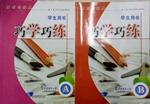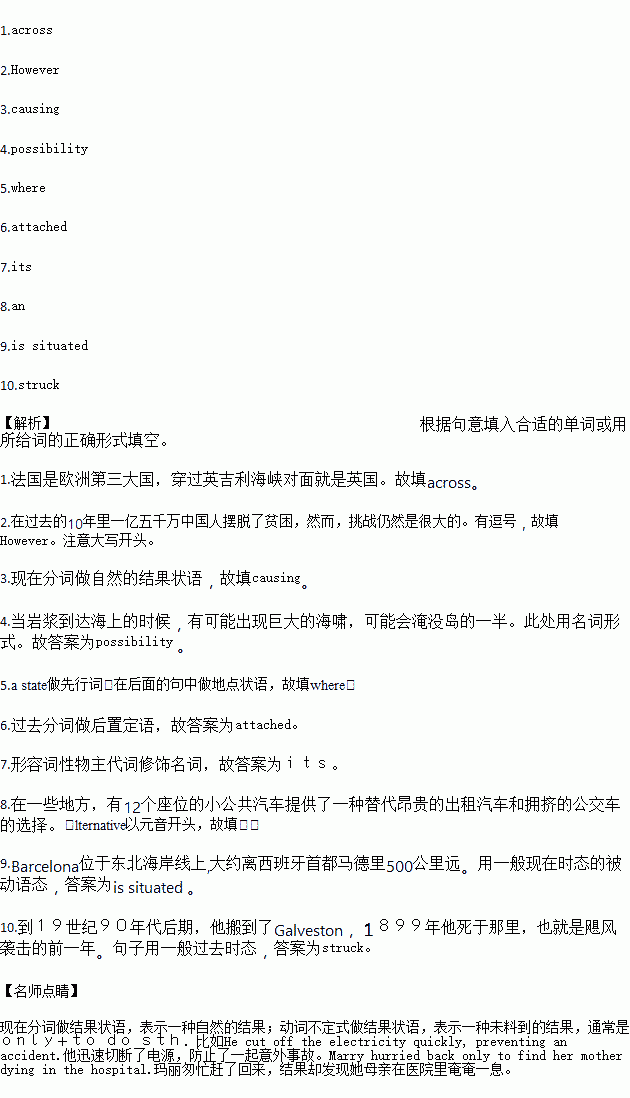In old times, a young athletic boy is hungry for success. For him __ was everything and success was measured by such a __.
One day, the boy was preparing himself for a running __ in his small native village. A large crowd had gathered to __ the sporting wonder and a wise old man, upon __ of the little boy, had travelled far to attend it.
The race started, looking like a level heat at the __ line, but sure enough the boy worked hard and called on his determination, __ and power. He took the winning line and was first. The crowd was crazy and cheered and __ at the boy. The wise man remained still and calm, expressing nothing. The little boy, __, felt proud and important.
A second race was called, and two new young, fit __ came forward, to run with the little boy. The race was started and sure enough the little boy __ success and finished first once again. The crowd was crazy again and cheered and waved at the boy. The wise man __ the same and said nothing.
“Another race, another race!” said the little boy. The wise old man __ forward and presented the little boy with two __ challengers, an elderly lady and a blind man. “What is this?” __ the little boy. “This is no race!” he __. “Race!” said the wise man, The race started and the boy was the only finisher, because the other two challengers just __ at the starting line. The little boy was happy, and raised his arms in __. The crowd, however, was silent showing no delight toward the little boy.
“What has __? Why didn’t the people join in my __?” he asked the wise old man. “Race again,” replied the wise man. “But this time, finish together, all three of you, finish together.”
1.A. failing B. winning C. discussing D. advising
2.A. process B. result C. prize D. effort
3.A. difficulty B. position C. chance D. competition
4.A. pray B. chat C. witness D. apply
5.A. informing B. talking C. accusing D. hearing
6.A. finishing B. dead C. waiting D. defending
7.A. kindness B. strength C. reward D. examination
8.A. knocked B. ran C. waved D. travelled
9.A. therefore B. besides C. however D. unless
10.A. customers B. challengers C. operators D. settlers
11.A. achieved B. managed C. consulted D. demanded
12.A. responded B. required C. obtained D. discovered
13.A. put B. brought C. turned D. stepped
14.A. new B. poor C. sick D. familiar
15.A. ordered B. suggested C. explained D. asked
16.A. remembered B. shouted C. comforted D. supported
17.A. ran B. stood C. jumped D. cried
18.A. delight B. sorrow C. concern D. decision
19.A. continued B. began C. happened D. changed
20.A. pride B. vocation C. performance D. success
 巧学巧练系列答案
巧学巧练系列答案
